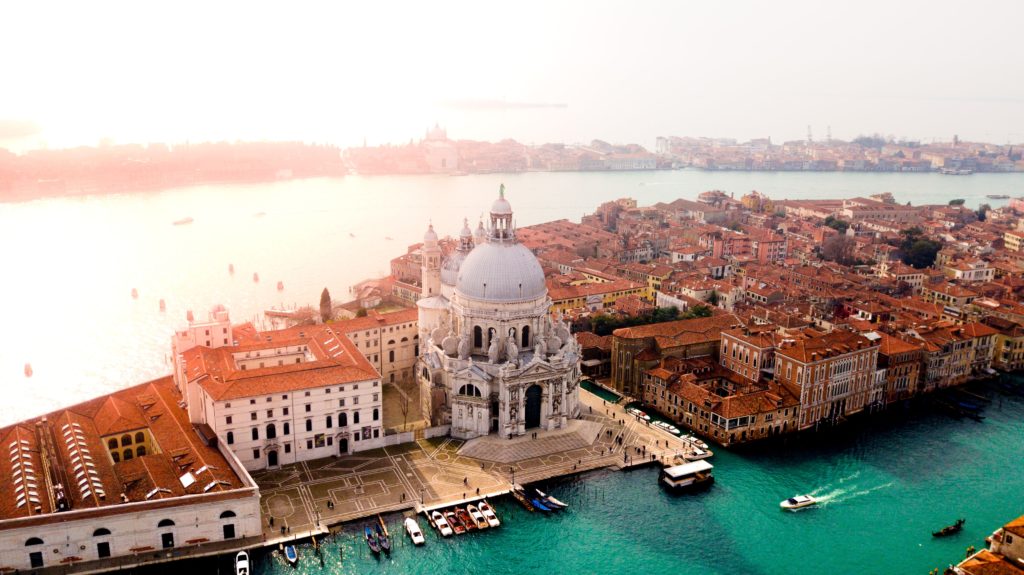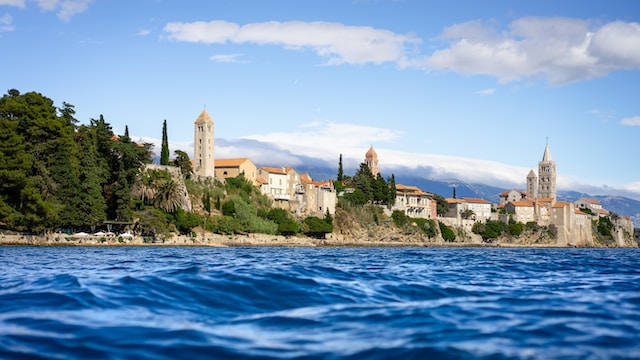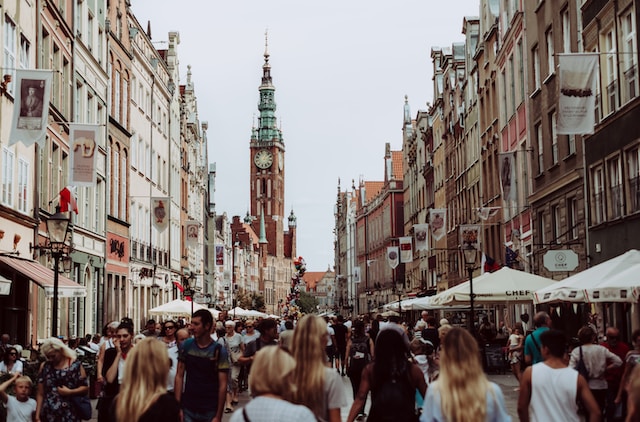Italy has a wealthy interesting history. rich in art, culture, and architecture, the country has dozens of the most exquisite sites known as UNESCO world heritage sites in most of its major cities such as Rome, Florence, etc. has the eighth largest economy in the world, with surplus companies, businesses, and a fast-growing market, Italy is a home of opportunities to both foreigners and citizens. If you are thinking of relocating there, then it’s not a bad idea.
Offering its residents a good quality of life, standard health care services, low cost of living, and affordable taxes, if there is a country one would want to start a new career in, Italy it is.
Fully convinced you have made the right choice…
Well, hold that thought just yet. There are a few helpful things you should know before relocating to Italy. This is a relocation guide on how to relocate as an ex-pat to Italy with ease.

Visa application
Before relocating to Italy, you must qualify for an Italian visa, which allows you to enter the country as a legal resident. For citizens from EU countries, this process is simple as they don’t require a visa or permit to enter Italy. They only need to register their identity at a police station to be issued a residence permit. For non-EU citizens, applying for a visa and permit depending on one’s needs is compulsory. The visa application process usually takes up to two months to complete. The different types of visas are temporary residence permits, employment visas, entrepreneurial permits, student visas, etc. All of which depend on the purpose of stay. A golden visa is a special type of visa issued to non-EU citizens based on a certain investment made. This type of visa grants such citizens a residence permit and citizenship rights.
Housing System
A very important thing to consider before relocating to Italy is accommodation. Where do you intend to live and how much you can afford to pay as rent? Apartments are the commonest type of house in the country. However, there are other types of houses that might suit your needs though. Apartment fees vary in the country varies from location and size. In big cities such as Milan, and Rome, the costs are expensive compared to cities such as Bologna with lower prices. If you are not traveling with your family, then a one-bedroom apartment at €900 per month is okay for you. If you are relocating with your family, you can try the three-bedroom apartment for €1,600 a month. The cost of an apartment in Naples and Florence only differs slightly from those of Rome and Milan.
Schooling System
If you are looking for one of the finest schooling systems in Europe, Italy offers one of the best education in the world. Running a mostly government-funded school system, the compulsory age for children is from 6 to 16 years. You don’t need to worry about the spoken language as English is taught in schools as a second language. Expats with families living in Italy have free access to public e=schools without being formal residents. As a bonus, foreign students can enjoy free education until their university level. This sometimes requires enrollment taxes. There are other types of schools in Italy such as international and private schools for foreign students who wish to continue with their old curriculum. You should choose the one that best suits your plans.
The cost of living in Italy
In comparison to life in bigger cities such as Paris, cities in the US, Germany, etc. life in Italy is simpler and affordable. The cost of living in the country is lower than in some European countries too. This is because the cost of rents, utilities, food, and others are sold at lower prices. If you are from a bigger city, then you will enjoy your stay in Italy. However, if you are from a country with a lower cost of living, it might take some time to get used to the change in the cost of things.




